Performance of risk assessment is pertinent before the commencement of any work. NFPA 70E: Standard for Electrical Safety in the Workplace sets out specific norms and regulations for the employer to ensure electrical safety and occupational health for the workers. Employee exposure to electrical hazards must be assessed and the subsequent risk control method must …
Read More
Disposal of FR Clothing
Flame retardants (FRs) are used to increase the chances of survival against fire or flame by limiting its propagation. FRs in textiles are used irrespective of product type for reducing their flammability, for instance, in baby clothing, pushchairs, car seats, upholstery, aprons, industrial and protective clothing. Protective clothing segment, majorly produced out of cellulosic fibers …
Read More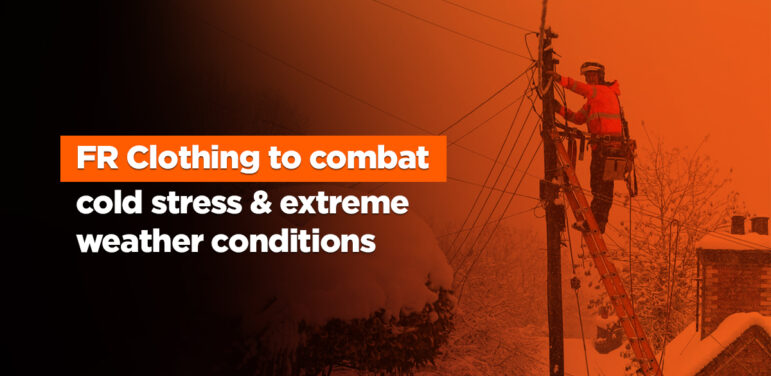
FR Clothing To Combat Cold Stress & Extreme Weather Conditions
Workers in almost every industry, who work outdoors and are exposed to extremely cold environments, require thorough protection from hazardous winter elements. Working under industrial environment in extreme cold conditions can be quite challenging as one runs the risk of cold stress. Just like heat stress which causes harmful impacts on the human body in …
Read More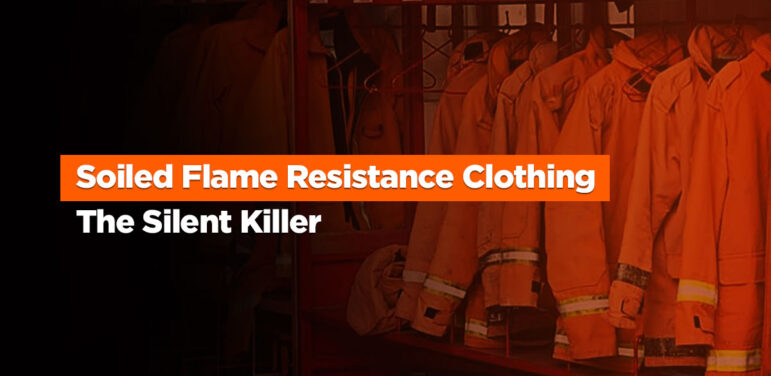
Soiled Flame Resistance Clothing: The Silent Killer
Care and maintenance of the Flame resistance clothing is very important to ensure that the clothing provides its intended protection. In our blog on “Importance of Wash care instructions for Flame Resistant Clothing” we had highlighted the importance of understanding the wash care instructions on your FRC. We encourage you to read through the same once …
Read More
UKCA (UK Conformity Assessed) Marking, Information and Declarations for PPE
Personal Protective Equipment (PPE) placed on the market in Great Britain From 1st January 2021, the United Kingdom has introduced a new conformity assessment regime for goods placed on the market in Great Britain (England, Wales and Scotland). The UKCA (UK Conformity Assessed) marking is the new UK Product marking that covers most goods which …
Read More
A Refresher Course To Flame Resistant Clothing (FRC) – Module 2
Table of Contents – Module 2: February 2021: Do we really need Flame-Resistant clothing? What happens if my company and I don’t comply with FR standards? How long does FR clothing last? Caring for my Flame-Resistant clothing? How to wash and dry FR clothing? Can you dry-clean FR clothing? How many times can you wash FR …
Read More
A Refresher Course To Flame Resistant Clothing (FRC) – Module 1
Table of Contents – Module 1: February 2021: What Is Flame-Resistant Clothing (FRC)? Who needs to wear FRC? Is there a difference between Primary and Secondary Protection? What should be worn under the FRC? Flame-Resistant/ Fire-Resistant/ Fire-Retardant – What is the difference? What is FRC made of? What are the benefits of FRC? How to Shop …
Read More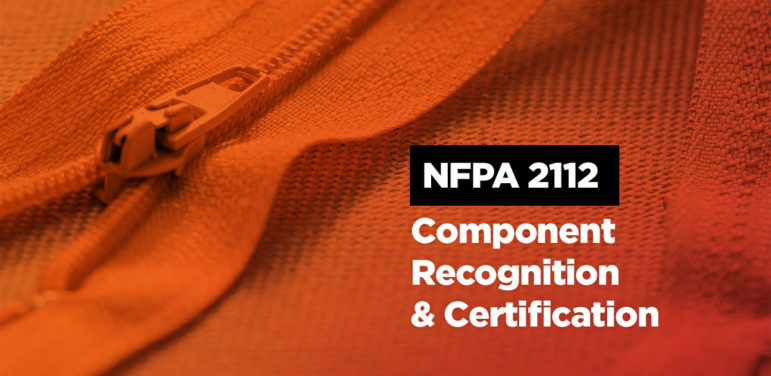
NFPA 2112 Component Recognition and Certification explained
You may have heard about the Component recognition or wondered about supplying or purchasing certified components compliant to NFPA 2112. There could be circumstances when there is confusion or no clarity on how to go about with these requirements. In this first part of the blog, we will try to cover some common questions regarding …
Read More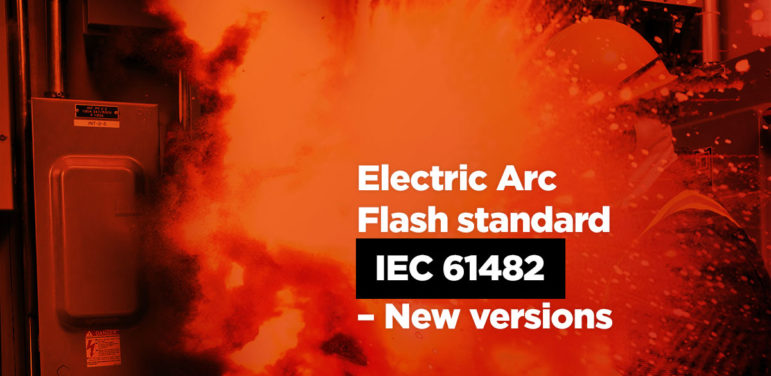
Electric Arc Flash Standard: IEC 61482
IEC 61482 is a standard that specifies requirements and test methods applicable to clothing material for protection of electrical workers against the thermal hazards of an Electric Arc. This standard provides eligibility to sell protective clothing meant for Electric arc flash protection within the European Union (EU). IEC 61482 standard requirement is significantly different as …
Read More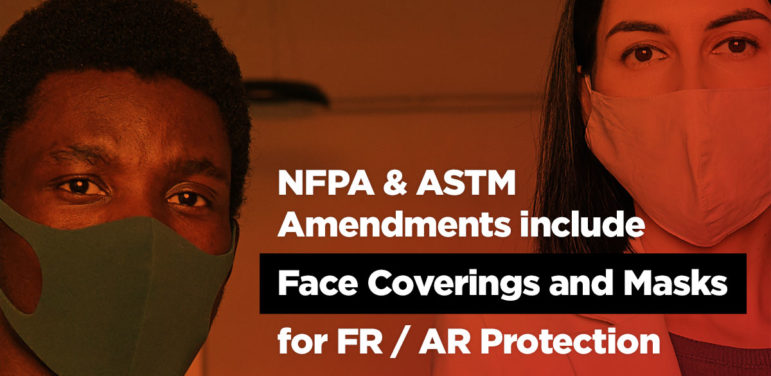
NFPA & ASTM – 2020 – Flame resistant (FR) & Arc rated (AR) clothing requirements
Face Coverings and Masks: Since the spread of COVID-19 pandemic and with the growing need of using Face covering or masks as the most efficient mode of protection, there has been an increasing demand by the global work force to provide Flame resistant & Arc rated masks / face protection. Medical associations and experts globally reviewed …
Read More
